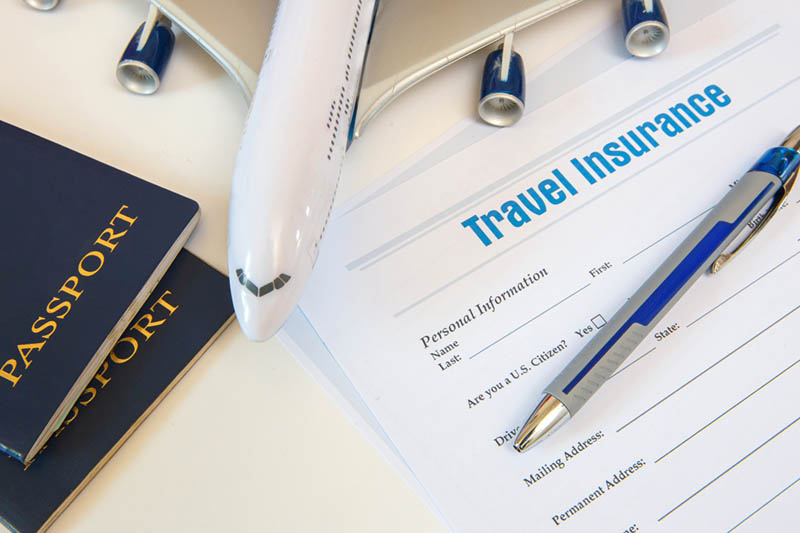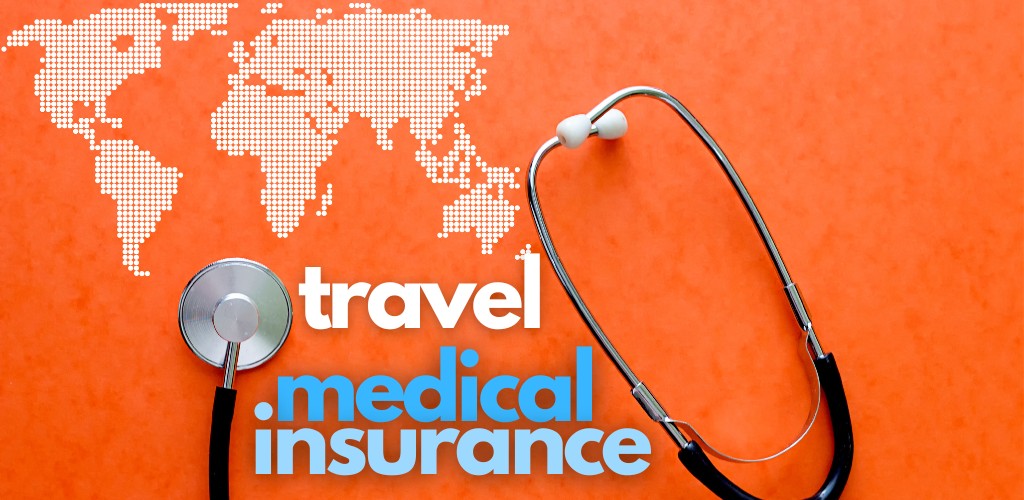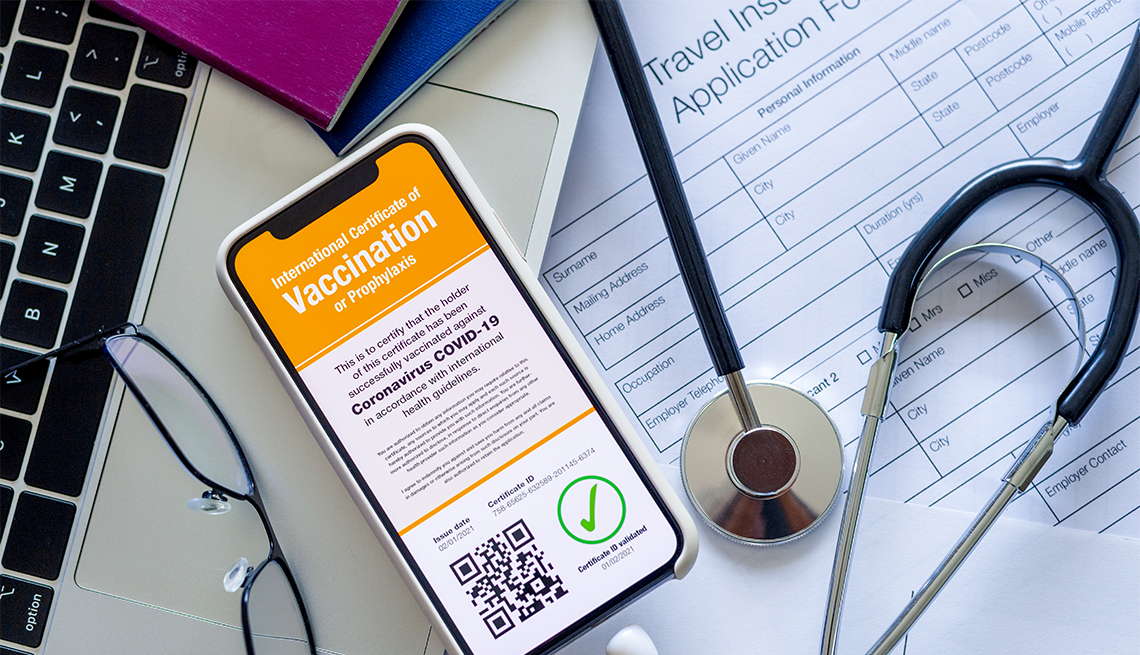The Ultimate Guide to Travel Health Insurance: Everything You Need to Know
When you’re planning a trip abroad, one of the most important things to consider is travel health insurance. Accidents and illnesses can happen when you least expect them, and having the right coverage ensures that you’re protected no matter where you are in the world.
Whether you’re going on a short vacation, a business trip, or an extended journey, travel health insurance offers peace of mind that you’ll receive medical care if needed, without the financial strain.

What is Travel Health Insurance?
Travel health insurance is a policy that covers unexpected medical expenses while you’re traveling outside your home country. Unlike domestic health insurance, which may not cover you internationally, travel health insurance ensures you have coverage for emergencies like illnesses, accidents, or hospitalizations while away from home.
Key Features of Travel Health Insurance:
- Emergency Medical Coverage: Covers the cost of emergency treatments, hospital stays, and surgeries.
- Medical Evacuation: Covers transportation to a medical facility in case of serious illness or injury.
- Trip Interruption: Offers reimbursement for trip-related costs if an illness or injury prevents you from continuing your journey.
Why Do You Need Travel Health Insurance?
While traveling is often fun and exciting, it’s important to remember that accidents can happen at any time. Having travel health insurance means you’ll be covered financially in case of any unexpected medical emergencies abroad.
Benefits of Travel Health Insurance:
- Financial Protection: Without health insurance abroad, you may face sky-high medical bills. Travel health insurance protects you from this risk.
- Peace of Mind: Knowing that you’re covered for unexpected events lets you enjoy your trip stress-free.
- Global Coverage: Whether you’re in a major city or a remote location, travel health insurance ensures that you can access care wherever you go.
Types of Travel Health Insurance
There are different types of travel health insurance plans available, depending on your needs and travel style. Let’s break down some common options to help you choose the right one for your trip.
1. Single-Trip Travel Insurance
This is the most common type of travel health insurance for people who are planning a one-time trip. Single-trip policies provide coverage for a specific journey, including emergency medical treatment, trip cancellation, and other unexpected expenses.
- Best for: Short vacations or business trips.
- Duration: Covers only one trip.
2. Annual Multi-Trip Insurance
If you travel frequently throughout the year, an annual multi-trip insurance policy might be the most economical option. This type of policy covers multiple trips within a 12-month period, with each trip lasting up to a specified duration (usually 30 to 60 days).
- Best for: Frequent travelers or those with several trips planned.
- Duration: Covers multiple trips over one year.
3. Long-Term Travel Insurance
For those traveling for extended periods—such as backpackers, digital nomads, or people on gap years—long-term travel insurance provides coverage for extended stays abroad, usually up to one year or longer.
- Best for: Long-term travelers or expats.
- Duration: Covers trips longer than 60 days.
4. Group Travel Insurance
If you’re traveling with a group, family, or organization, you may want to look into group travel health insurance. This policy provides coverage for multiple travelers under a single plan, often at a reduced rate.
- Best for: Families, friends, or organized tours.
- Duration: Varies based on trip length.
What Does Travel Health Insurance Cover?
While every policy is different, most travel health insurance plans cover the following:
Emergency Medical Treatment
If you become ill or injured while traveling, travel health insurance ensures that your medical bills are covered, including hospitalization, surgeries, and doctor visits.
Medical Evacuation
In severe cases, medical evacuation ensures that you’ll be transported to a medical facility, either within the country or to a different location if necessary.

Trip Cancellation or Interruption
If you need to cancel or cut your trip short due to illness or injury, many travel health insurance policies offer reimbursement for trip-related expenses, including flights, hotels, and tour costs.
Lost or Stolen Luggage
Some travel health insurance policies offer coverage for lost, stolen, or damaged baggage, helping you to recoup some of the cost of replacing essential items.
24/7 Assistance Services
Most policies come with a 24/7 assistance service, helping you to access emergency services, find nearby healthcare providers, and get advice in case of medical issues during your trip.
How to Choose the Best Travel Health Insurance
Choosing the right travel health insurance can be tricky, but it doesn’t have to be. Here are some tips to help you select the best plan for your needs:
1. Assess Your Needs
Think about the length of your trip, the activities you’ll be doing, and your destination. If you’re engaging in high-risk activities like skiing or hiking, ensure that your policy covers these risks.
2. Check the Coverage
Make sure that the policy covers emergency medical treatment, medical evacuation, and any specific needs you may have. For example, if you’re pregnant, check if maternity care is included.
3. Compare Policies
Not all travel health insurance plans are created equal. Compare different providers and plans, looking at coverage options, premiums, and deductibles.
4. Read the Fine Print
Carefully review the terms and conditions of the policy, especially exclusions or restrictions. For example, some policies might not cover pre-existing conditions, or they may have exclusions for certain destinations.
5. Consider Your Budget
While it’s important to have adequate coverage, you also need to consider your budget. Many providers offer different tiers of coverage, so find one that strikes the right balance between cost and protection.
FAQs About Travel Health Insurance
1. Do I really need travel health insurance if I already have health insurance?
While your domestic health insurance may cover some emergency situations abroad, many policies don’t provide full coverage in foreign countries. Travel health insurance ensures you’re fully protected no matter where you go.
2. What is not covered by travel health insurance?
Exclusions can vary by policy, but common exclusions include pre-existing conditions, injuries resulting from high-risk activities (unless specifically covered), and medical treatment for conditions not deemed to be emergencies.
3. Can I purchase travel health insurance after I’ve already left for my trip?
Some providers allow you to purchase travel health insurance after departure, but it’s always best to buy it before your trip to ensure full coverage in case of unexpected medical needs.
4. How much does travel health insurance cost?
The cost of travel health insurance depends on several factors, including your age, destination, length of travel, and the level of coverage. On average, policies range from $20 to $100 per trip.
5. What should I do if I need to file a claim?
In the event of a medical emergency, contact your travel health insurance provider immediately to start the claims process. Most companies have a 24/7 helpline for assistance. You may need to submit forms, receipts, and medical records to file a claim.

Conclusion
Travel health insurance is an essential part of planning any international trip. It provides protection against unexpected medical expenses, ensuring that you stay safe and healthy while traveling. With the right coverage, you can enjoy your trip without worrying about the potential costs of medical emergencies.
So, before you embark on your next adventure, be sure to invest in comprehensive travel health insurance. Whether you’re traveling for leisure or business, the peace of mind it provides will make all the difference. Safe travels!
